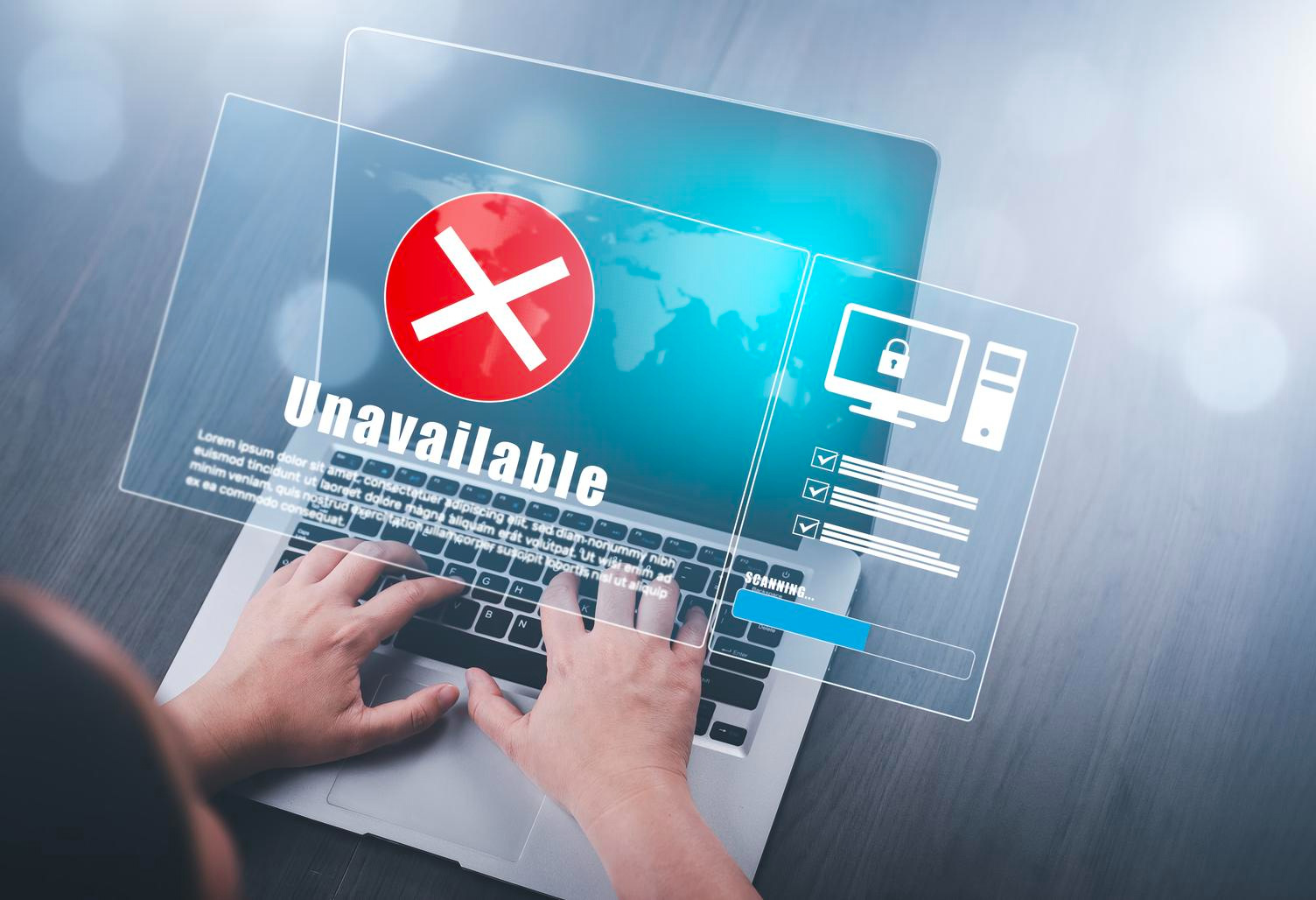TikTok/Instagram account deletion: where is your data?
I deleted my account! But what really happens to your TikTok or Instagram data in 2025?
Understanding the account deletion process in the digital age
In a digital world dominated by social media, the decision to delete your TikTok, Instagram, or Facebook account may seem like a final and liberating step. Many users assume that once they hit the “Delete Account” button, their entire digital history—posts, photos, messages, and likes—instantly disappears. The reality, however, is much more complex, governed by strict data retention policies and various legal obligations. Let’s take a look at what happens behind the scenes after you request to delete a social media account in 2025.
The deletion process: deactivation vs. permanent deletion
Most platforms, including giants TikTok and Meta (Instagram/Facebook), do not delete data immediately. The process is usually structured into two key stages to provide flexibility and comply with legal regulations.
1. Deactivation (or grace) period
After you initiate the process of deleting your social media account, it enters a "cooling off" or deactivation phase. This period generally lasts for 30 days.
- What happens: Your profile and content become invisible to the public.
- Purpose: It gives you time to change your mind. If you log in again during this time, the deletion process is automatically canceled and the account is reactivated.
- Data Status: Your data is not yet removed from the company's main systems.
2. The effective deletion process
If you do not cancel the request within the grace period, the platform initiates permanent deletion. This technical process can take up to 90 days, sometimes even longer. The complexity of the infrastructure and the huge volumes of data make complete and secure removal from all production and backup systems a long process, not an instantaneous one.
What data can remain stored even after deleting the account?
Even after the "permanent" deletion process is complete, certain information may be retained for extended periods. Here's why:

- Messages sent to other users: Your private conversations (Direct Messages) remain in the inbox of other participants. Your name will be replaced with a placeholder, such as "Instagram User", but the content of the messages will persist.
- Aggregated and Anonymized Data: The Platforms retain anonymized data (from which personal identification elements have been removed) for statistical analysis, research, and service improvement. This data can no longer be directly linked to you.
- Legal and Security Obligations: Under law, companies may be required to retain certain data to cooperate in criminal investigations, resolve disputes, or prevent fraud. A good platform cybersecurity strategy requires keeping activity logs.
- Information shared with third parties: Third-party applications to which you have granted access to your account have their own privacy policies and may retain your data even after deleting your account from the main platform.
GDPR in Romania: how to protect your data before deleting your account
The General Data Protection Regulation (GDPR), also applicable in Romania, offers users increased control. Here are some practical steps you can take:
1. Download a copy of your data
According to GDPR, you have the “right to data portability.” Before you initiate a social media account deletion, access your settings and download the complete archive of your posts, photos, messages, and other information. It’s a great practice to keep a personal copy.
2. Review connected third-party apps
Go to your security settings and revoke access to all third-party apps. This step limits the exposure of your data to other companies.
3. Read the privacy policies
Each platform details its practices in specific documents. For official information about your rights in Romania, you can consult the website of the ANSPDCP (National Supervisory Authority for the Processing of Personal Data).
Conclusion: a proactive approach to online privacy
Deleting a social media account in 2025 is an important step in managing your digital footprint, but it does not mean an immediate and total disappearance of your data. It is crucial to be an informed user, understand the mechanisms behind it, and act proactively.
By exercising your rights under GDPR and adopting safe online habits, you can navigate the digital environment with more confidence. For complete digital security, both personally and for your business, experts in complete IT services, such as Altanet Craiova, recommend a well-designed protection strategy that minimizes risks before they arise.
Have you ever stopped to wonder why your Facebook, Instagram, or TikTok feed seems to anticipate your interests with amazing accuracy?
Read our article: How social media algorithms work in 2025


Leave a reply